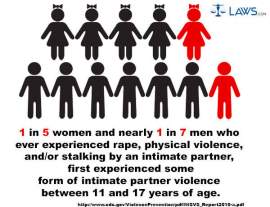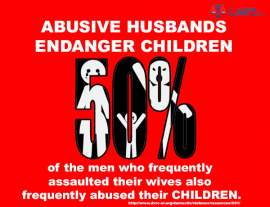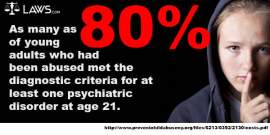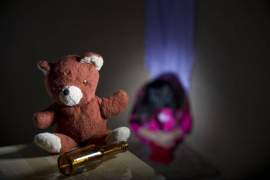
Emotional Abuse
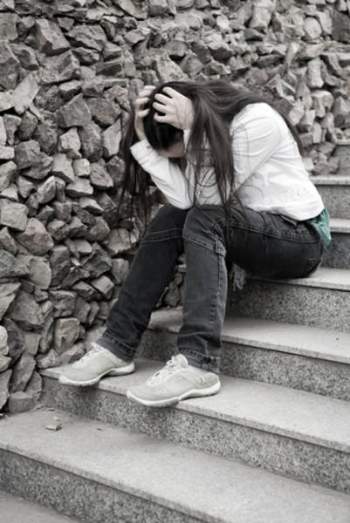
What is Emotional Abuse in conjunction with Child Abuse?
The National Center on Child Abuse and Neglect in the United States defines emotional abuse as any act or omission delivered by the parents or other caregivers that have precipitated or could, in the future cause, cognitive, extreme behavioral, emotional or mental disorders.
The term “emotional abuse” is loaded, for it will carry numerous meanings; in some forms of emotional abuse, the acts of parents or caregivers, that do not pose any direct harm in the child’s condition or behavior, may still be sufficient to warrant child protective services intervention. For example, the underlying parents or caregivers may use bizarre or extreme forms of punishment, such as confinement. Less severe acts of emotional abuse will include: habitual scapegoating, rejecting treatment, belittling—in these instances, it is rare that Child Services agencies will intervene without tangible evidence of harm (various disorders) to the youth.
The American medical Association, in alignment with the National Center on Child Abuse and Neglect, defines emotional abuse as: “when a child is regularly threatened, yelled at, humiliated, ignored, blamed or otherwise emotionally mistreated. For example, making fun of a child, calling a child names, and always finding fault are forms of emotional abuse.”
As a result of these definitions, emotional abuse goes beyond verbal abuse; emotional abuse is the habitual attack on a child’s social and emotional development. The mental impediment sparked by emotional abuse acts as a basic threat to healthy human development.
Types of Emotional Abuse:
Belittling: This form of emotional abuse causes the child to see him or herself in alignment with the parents’ or caregiver’s crude remarks. Belittling limits the child’s potential and well-being by impeding the youth’s own sense of his or her abilities and potential.
Coldness: Interactions with parents are a fundamental activity to mold a youth’s view of the general world. As a result of this relationship, if parents are loving and warm, a child will typically grow to view the world as a secure place for exploration and development. Conversely, when parents are cold to their children, they ultimately deprive the child of fundamental ingredients for social and intellectual development. Through this interaction, children who are subjected to consistent coldness will grow to view the world as an uninviting and tumultuous place; this interpretation will, most likely, impair the child’s relationships in the future.
Cruelty: This type of emotional abused is considered more severe than coldness, even though the end results may be the same. When a child undergoes cruelty at the hands of their caretakers, their development is severely impeded. Cruelty encompasses all negative interactions including: name calling and general mistreatment.
Harassment: Similar to belittling, this type of emotional abuse is the habitual expression of negativity through name-calling and dubious remarks. Harassment, in addition to the characteristics attached to belittling, involves a stress response; harassment ultimately scares the child and repeated exposure to fear can discourage the child from effectively handling future stressful situations.
Ignoring: This form of emotional abuse deprives the child of essential stimulation and interaction, which is necessary for intellectual, emotional and social development.
Isolating: This form of emotional abuse cuts a child off from normal social experiences. Isolating a child will prevent the youth from forming friendships, which will ultimately lead to depression and impair the minor from developing socially, emotionally and intellectually.
Rejecting: When a parent or caretaker rejects a child, the individual is negating the child’s self-image, while ultimately showing the youth that he or she has no value.
NEXT: Physical Abuse




